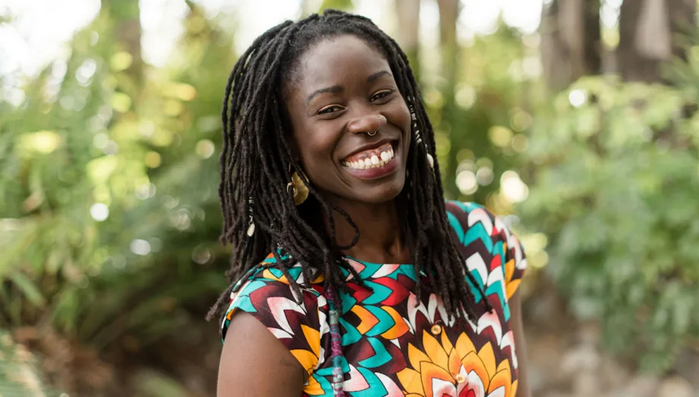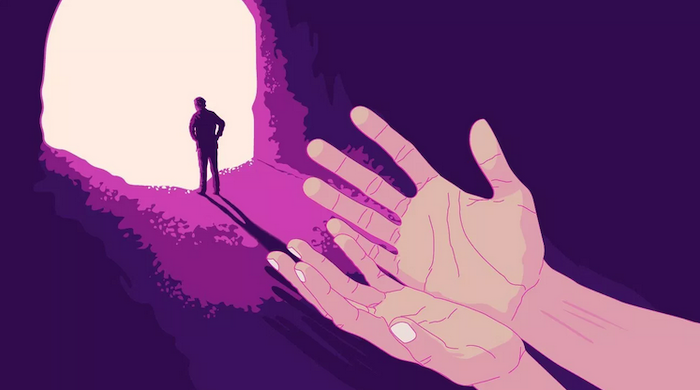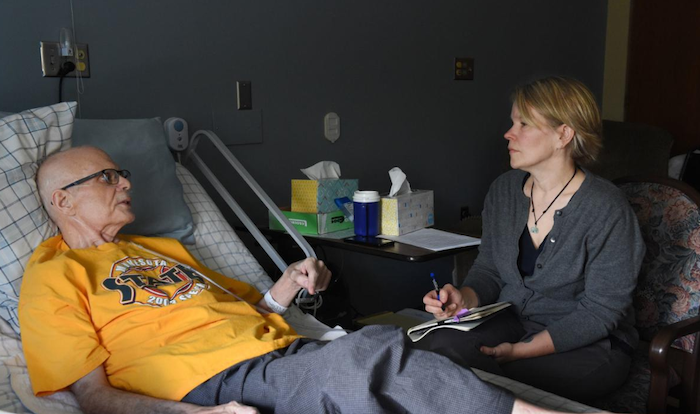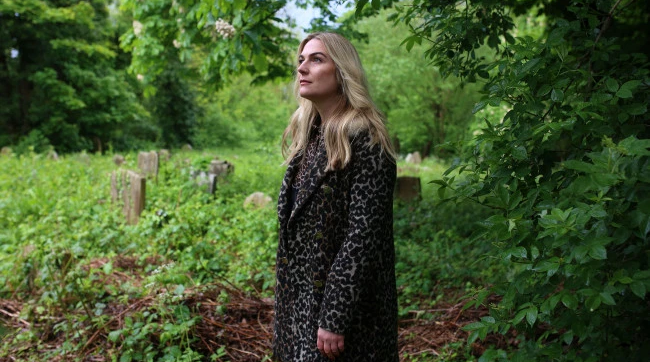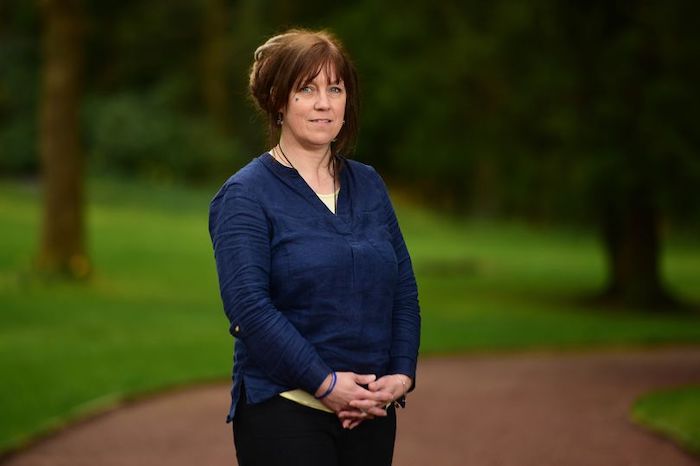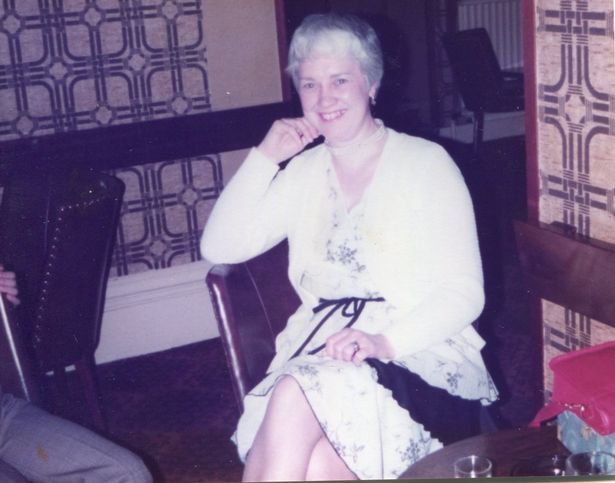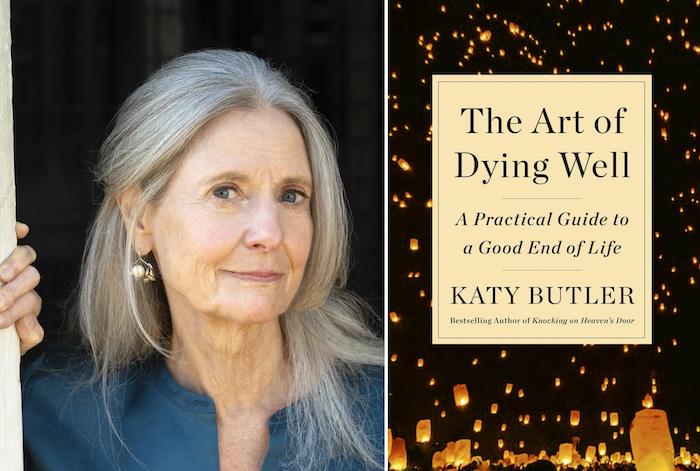The founder of Soul Midwives on how greater compassion and care can lead to people having a more gentle, tranquil death
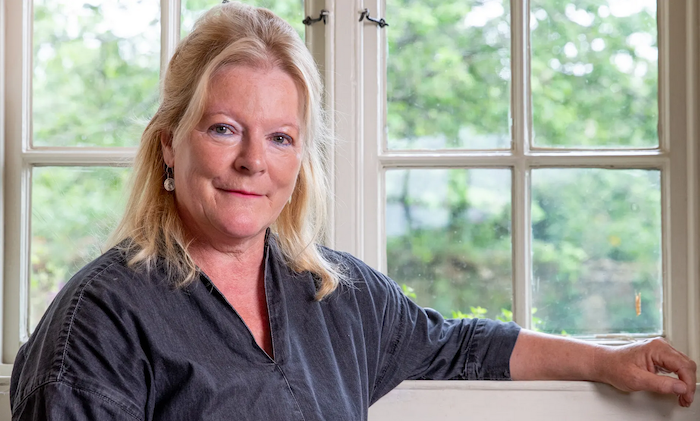
Felicity Warner wants everyone to die well. She is the woman behind Soul Midwives: non-medical companions who provide one-to-one holistic and spiritual care to people who are dying. The term “midwife” is no accident. It refers to the similarities between drawing our first breath and our last. Just as there are certain stages for a woman in labour prior to giving birth, so are there certain end-of-life stages before someone eventually dies, says Warner. It’s the same idea as end-of-life doulas. “A soul midwife will recognise those stages and will work with them like a midwife would at birth.”
Soul midwives support a dying person to set out their wishes for the final days in a death plan. They listen, keep vigil, allow people to talk openly about their impending death and fears, and provide therapeutic support to help alleviate anxiety and pain. This can be through breathing techniques, massage, sound and music therapy and essential oils. As the “soul” in the title suggests, the role also offers a spiritual dimension linked to healing and detachment. But it’s not just about helping people to die without fear, loneliness or anxiety. It’s also about making people realise they are valued, says Warner. “I’m very keen on that because a lot of people we work with don’t have anyone in their lives. Making them feel that they are special is a very big part of our role and to honour them as the people that they have been, because you can be made to feel very anonymous when you’re dying, whether old or young”.
The daughter of the former Conservative MP David Mudd, Warner cites the “harrowing deaths” of her grandmother – with whom she had lived after her parents divorced when she was six, who died of lung cancer when Warner was 14 – and her stepfather two years later that forced “an enormous amount” of processing and reflection early on and led her to become a health journalist.
In the 1990s, Warner found herself writing a number of features about women dying of breast cancer. Interviewees revealed their loneliness and isolation and the sense of being locked in a room with an elephant in it. “The biggest thing was the feeling that they couldn’t talk to anybody honestly about the fact they knew they were going to die, because everybody kept saying ‘we’ll get you through this; you won’t die’.”
They talked and Warner listened. “I think there was a healing in that they could just talk frankly about how they really felt to somebody who wasn’t judgmental in any way.” But Warner saw her journalistic boundaries begin to slide as she stepped in to fill unmet needs, such as giving a massage after one of the women confided that “nobody touches me any more” because of her cancer. When the last of six women she had interviewed died, her decision to help dying people full-time was realised.
She began volunteering in her local hospice, where she noticed “big gaps” in care delivery: the “one-size-fits-all” approach, for example, that saw everyone “wrapped up with crocheted blankets” and “given plastic cups to suck out of”, regardless of their age or their personal needs.
“I sat there thinking it would be so useful if someone could join up the dots in what I was seeing with people who were dying. If there could be some kind of middle ground between the clinical care given and the sort of tender loving care that goes such a long way when you’re really feeling ill, because that seemed to be very lacking or offered very willy-nilly and not always to everybody.”
Warner began road-testing what would become her “gentle dying” approach – the basis of soul midwifery. “It was realising how little things can make such a difference to people at the end of life. Even just sitting and holding their hand is massive to someone who has got no one else sitting with them, and having time to do that is a big thing.”
Warner outlined her philosophy in a book in 2003, then began delivering training in Dorset, where she lives. So far, more than 1,000 individuals have paid to attend her courses, including Macmillan and Marie Curie nurses, doctors, chaplains, social workers and psychotherapists working in the NHS, as well as people from South Africa, Canada, the US and Australia. Around 40% of trainees have gone on to practice.
Warner runs a referral service from the Soul Midwives website. Many practitioners offer sliding scale charges, opt for a donation or charge nothing at all. “Nobody would ever be turned away if they could not pay,” says Warner. “It is not about the money. Nobody would be excluded on financial grounds.”
Soul midwives can now be found in care homes, hospices, hospitals and within the home throughout the UK. They liaise with GPs and district nurses if someone wants to die at home. Warner admits that it’s taken time to build trust with other care professionals, but adds, “this trust has grown as the value of our work is being understood and seen.”
For her, soul midwifery is a movement that can fill the gap once met through closer community networks and she views dying as a process rather than an event – something that she feels has been lost over the generations. Recently Warner has introduced the idea of soul midwife “residencies” so that end-of-life discussions leave the confines of hospitals and hospices. “We need to bring the care of dying people back into the community. It’s been so medicalised and taken out of most people’s normal environment, and that makes it very fearful [for people].”
She cites a recent example of a soul midwife pitching up at a library for a morning so that people could come and discuss various aspects of dying. She now hopes to persuade a coffee shop chain to host residencies.
What is clear is that ensuring a tranquil, gentle death for others is also good for Warner’s own soul. She says: “I feel it’s my reason for being here.”
Complete Article ↪HERE↩!

